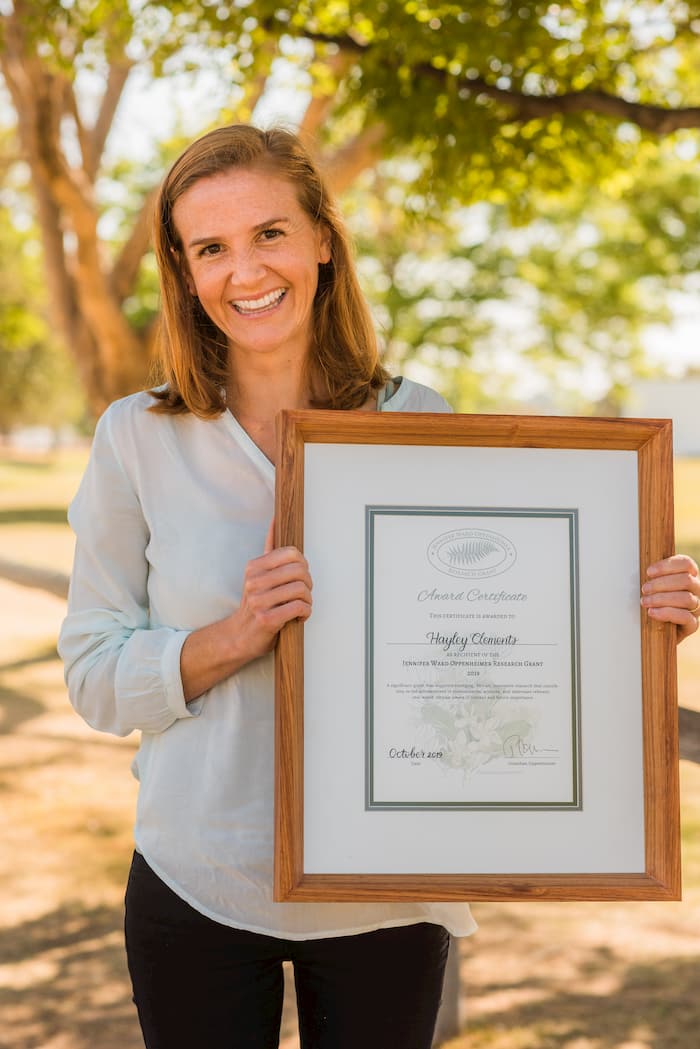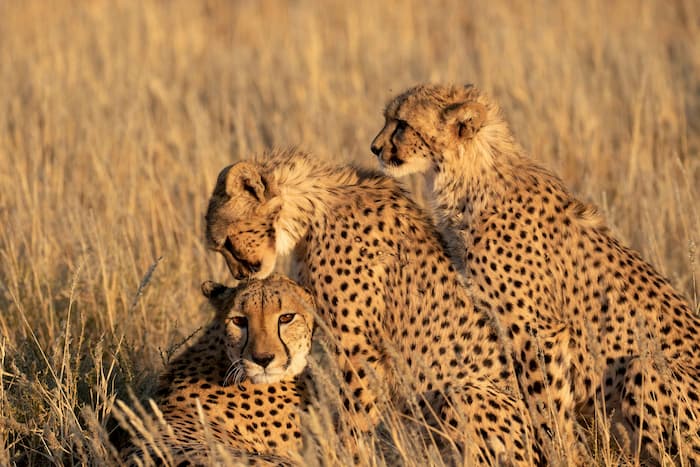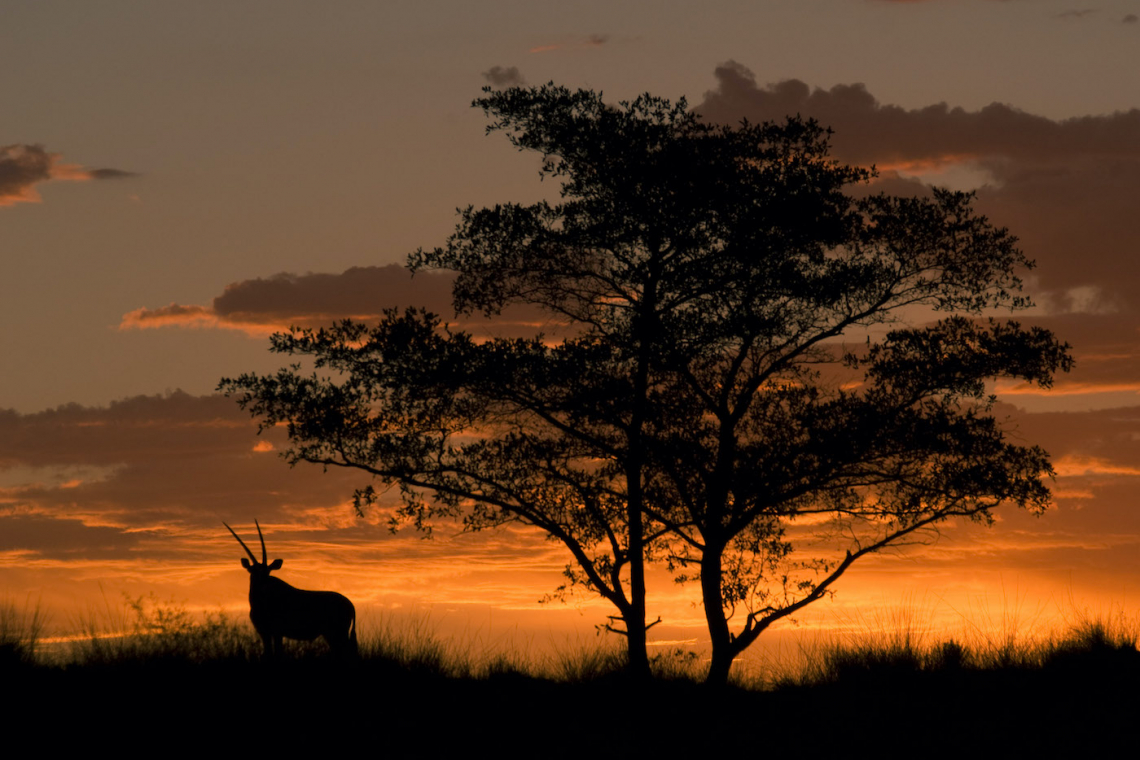For decision-makers, a major barrier to tackling the challenge of biodiversity loss on the African continent is the lack of access to global data on biodiversity loss and its impact on people. Evidence-based information is required to support national and international policy, and to help countries and regions reach sustainable development goals (SDGs) while preserving important ecosystems.
To address this knowledge gap, Dr Hayley Clements, an interdisciplinary conservation researcher at Stellenbosch University’s Centre for Complex Systems in Transition and recipient of the Jennifer Ward Oppenheimer Grant (JWO), is leading a project entitled ‘Quantifying the Biodiversity Planetary Boundary for Africa’. Africa boasts a wealth of biodiversity, with unique and varied ecosystems that include biodiversity hotspots such as the Guinean forests of West Africa, the Cape Floristic Region and Succulent Karoo of South Africa, the coastal forests of eastern Africa, and Afromontane regions across the continent.

“These natural resources provide a range of essential products and services on which we depend. These ‘ecosystem services’ include clean air and water, prevention of floods, pollination of plants, pest and disease control and prevention of soil erosion. At a more fundamental level ecosystems provide livelihoods, food, shelter and overall well-being for the continents’ growing population. In short, everything we need to sustain and improve our lives depends on the natural environment,” explains Clements.
However Africa also has the one of the highest GDP growth rates of any region, with increasing urbanisation and agricultural expansion taking a heavy toll on natural systems. Exploitation, habitat destruction, pollution, deforestation, and effects of climate change are just some of the factors driving high rates of biodiversity loss on the continent, at a pace more rapid than ever before in human history. Says Clements, “A continuous decline in species along with a loss of habitat negatively affects the potential for biodiversity to sustain itself and human well-being. So the question is, how does Africa support socio-economic growth yet still conserve the natural resources on which it depends?”

To ensure this information is relevant to the issues at hand, decision-makers and biodiversity professionals need to engage and work with one another openly and constructively. This information needs to be readily available, not just to experts in the field, but to the general public, to raise awareness on how biodiversity loss influences our human existence and what steps can be taken to secure a more just and sustainable future. The initiative has the ambitious goal of finding ways to measure the state of Africa’s biodiversity at a local level in response to human activities. This will be done using a measure called the ‘Biodiversity Intactness Index’ or BII. It will also explore the links between biodiversity loss and human well-being – to make compelling cases for appropriate land use decision-making.
Clements’ project is funded by the Jennifer Ward Oppenheimer Research Grant, which is awarded annually by Oppenheimer Generations to support an African-led research programme that has the potential to significantly contribute to the advancement of environmental and allied sciences ‒ specifically to identify and address real-world issues that affect Africa.“With this scientific evidence, as well as a heightened awareness of biodiversity loss, effective strategies and efforts can be put in place to move forward on a sustainable development agenda not only in Africa but globally ‒ for the benefit of humankind,” explains Clements.

Progress made on the project will be presented at the 11th Oppenheimer Research Conference in Midrand, Gauteng on 6-8 October 2020, which brings together select individuals and organisations that are involved in the fields of natural and environmental science. Through a programme of presentations, discussions, networking and collaboration, the academic research conference aims to contribute to the conservation of ecosystems, biodiversity and heritage, particularly in Africa.
Dr Duncan MacFadyen, Head of Research and Conservation at Oppenheimer Generations and Dr Hayley Clements, Interdisciplinary Conservation Researcher at Stellenbosch University’s Centre for Complex Systems in Transition and recipient of the Jennifer Ward Oppenheimer Grant (JWO).
Shop for a cause
Shop on amazon.com | amazon.co.uk


